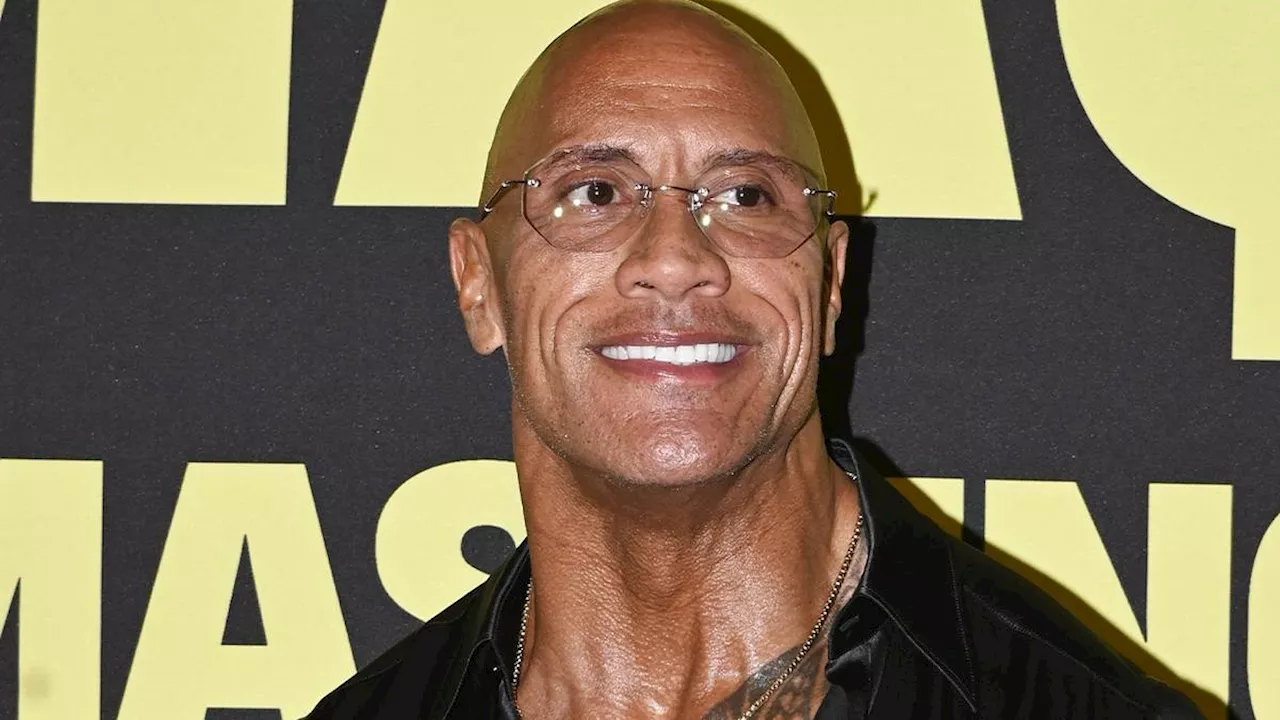Exploring the Emotional Toll of Astronaut Families in Space Missions

Living in space presents unique challenges not only for astronauts but also for their families. While public fascination often focuses on the astronauts themselves, the emotional and psychological impact on their loved ones is profound and complex. During missions, families experience a mix of pride, anxiety, and isolation, as they navigate the difficulties of extended separations.
The 1995 film “Apollo 13,” which dramatizes the harrowing mission led by Jim Lovell and his crew, reveals glimpses into the personal lives of astronauts’ families. The movie captures the tension felt by the Lovell family, particularly Marilyn Lovell, as they watched the mission unfold from their living room. These cinematic portrayals, while compelling, only hint at the real emotional landscape faced by the families of astronauts.
Shared Experiences with Military Families
The experiences of astronauts’ families bear similarities to those of military families. Both groups endure prolonged separations and the accompanying uncertainty. Air Force Col. Catie Hague, whose husband is astronaut Nick Hague, articulated this sentiment, stating, “Just like the military spouse feels every time they’re deployed, you don’t really know if something’s going to happen.”
Research published in the journal *Child and Adolescent Psychiatry and Mental Health* in 2018 indicates that children with deployed parents face a heightened risk of adjustment issues. However, the study also found that military families often benefit from stable income and job security, factors that can provide some stability amid the challenges.
Despite these parallels, there are key differences. Stacey Morgan, wife of astronaut U.S. Army Col. Andrew Morgan, noted that the “public nature of the astronaut persona” adds a layer of complexity. Families often share significant moments—such as launches—with the world in real time, which can be overwhelming.
The Impact of Space Travel on Family Dynamics
A 2023 article in *Space Policy* highlighted the need for greater understanding of how space missions affect family dynamics. The authors suggested that families could benefit from the Families Overcoming Under Stress (FOCUS) model, originally designed for military families, to help manage the stress associated with a loved one’s space travel.
The emotional strain of space missions is compounded by the lack of comprehensive research into the long-term effects on family relationships. Anecdotal evidence suggests that astronauts often struggle to maintain personal relationships during missions. The documentary “A Year in Space,” which follows astronaut Scott Kelly during his year aboard the International Space Station (ISS), offers insights into his relationships with family members, including his twin brother, Mark Kelly.
Astronauts like Anne McClain and Nick Hague have shared their experiences of parenting while managing the demands of space travel. Hague emphasized the importance of constant communication, stating, “A lot of the parenting—there is no way around it—is going to fall on the shoulders of the spouse at home.”
Additionally, the challenges of starting a family while pursuing a career in space are significant. Kellie Gerardi, a commercial astronaut, has openly discussed her experiences with infertility and in vitro fertilization (IVF). As she prepares for her next mission scheduled for 2026, Gerardi has highlighted the unique demands faced by astronauts planning to expand their families.
The emotional landscape for families of astronauts remains largely underexplored. As space travel evolves and becomes more accessible, understanding the psychological impact on families will be crucial for ensuring their well-being. The stories of astronauts and their families reveal the profound sacrifices made in the name of exploration, underscoring the intricate balance of personal and professional lives in the pursuit of space.






